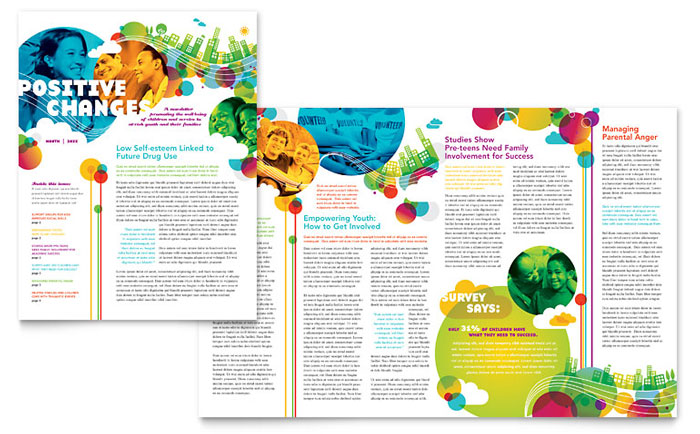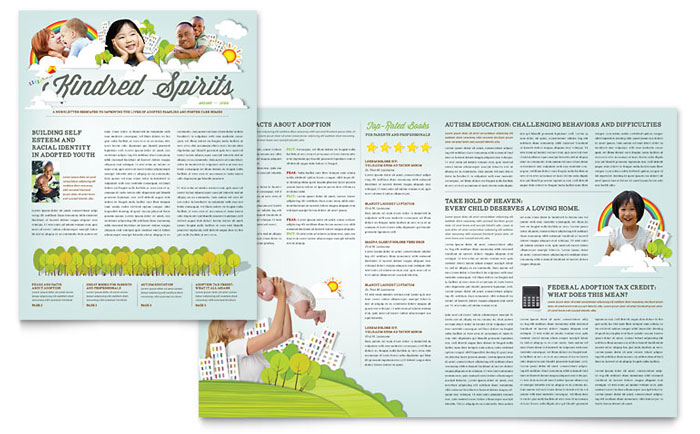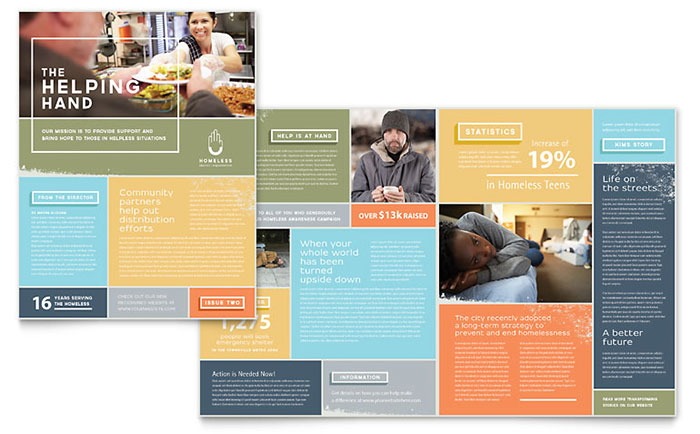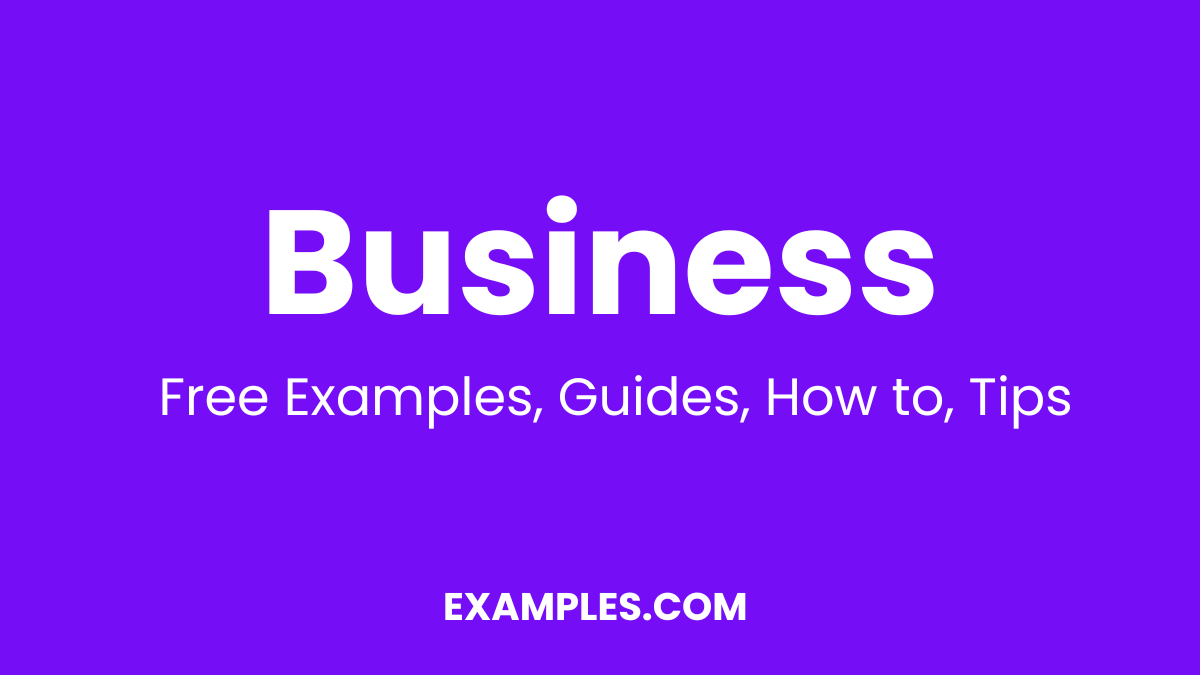During the course of their work, every Nonprofit is required to spread the word of their regular activities to its donors and patrons. It helps to create an identity and also helps generate a volunteer force. All interesting facts and data that will give a good impression to the reader should be incorporated. All this can be achieved with a newsletter of the organisation.
A newsletter is an important medium of communication and can be generated periodically, viz. daily, weekly, fortnightly, monthly, half-yearly or yearly. You should choose the frequency of your newsletter publishing, based on the activities of your organisation. Below is a list of 5+ Nonprofit Newsletter Examples & Templates to help you decide one for your Nonprofit.
[bb_toc content=”][/bb_toc]
1. Nonprofit Newsletter for Environmental Conservation

For those Nonprofits that are working hard day and night for the betterment of our planet, there is a big need for them to keep others in the loop about their activities. Only if they keep the news circulating about them constantly, will they get constant funding and encouragement from the general public. With this template, that can be achieved. It has a very simple design and the colour combination takes the attention right away. It also has a clean format.
2. Nonprofit for Youth Program Newsletter Template

The Nonprofits those work for youth welfare, they would need people to know what are they upto, so that not only donations pour in also that anyone in need of their help can reach out easily. It spreads the right message among the youth and motivates them for improving themselves. It tells them that there is an organisation, from which they can seek help when they are in some sort of distress. With the bright-coloured-spots-on-a-white-background colour theme, it has an engaging look and holds a positive vibe.
3. Care & Adoption Nonprofit Newsletter Template

With the need for spreading awareness among people to come forward and adopt children or even help with providing a foster home to them, a newsletter run by a Nonprofit engaged in this cause can benefit immensely. It can create awareness about the possibility of finding joy by providing food, shelter and a loving warmth to children. It can surely motivate people to come forward and be part of a noble initiative. This sample template is a step in that direction. The overall design scheme of this template makes it a winner all the way. It is downloadable and is printable as well.
4. Template for Homeless Shelter Nonprofit Newsletter

It is a very important step for a Nonprofit engaged in providing shelter for those who are homeless, about their work and create a support group to help them and do the needful. Unless people come forward and do something about this serious issue, the helpless souls who don’t even have a roof over their head will be forced to suffer the ignominy of sleeping on roads. A newsletter based of this kind, may be the right thing for solving the problem for making the society understand the issue and to come forward and help out. The coloured boxes theme is different from the regular ones and provides an attractive look to grab attention of the people, to read through.
5. Newsletter Template for Humanitarian Aid Nonprofit

Humanity needs to survive in the hearts of humans, only then, can our planet survive. For the Nonprofits helping out with humanitarian activities, it is important that they spread awareness about this issue and also keep everyone around informed about the good work being done by them. This will improve the confidence among the local population that humanity is indeed thriving and will also promote a sense of giving. It is only with the combined efforts of the local community along with a Nonprofit that a noble initiative like this can move forward. A newsletter is the right step in this direction. The above template serves the purpose undoubtedly. It is very informative and engaging.
6. Template for Wildlife Conservation Nonprofit Newsletter

A Nonprofit that is into caring Wildlife and Nature, need to reach out to people who are sensitive to this cause. For that, there is nothing better than a Newsletter. It works towards informing them of your presence and of your activities that are helping to conserve wildlife and nature. Such a step is very important as it will create an identity in the minds of readers about your organisation and will create the confidence in them. They would participate in whichever way they can and that is exactly what your NGO needs. The template is very beautifully designed and is very simple to understand.
7. Nonprofit Newsletter Template for Renewable Energy

Renewable energy is the future of this planet. For those Nonprofits who are working towards harnessing this energy, it will always be a good idea to inform the public of this cause and, about the work that they are carrying on. The above template is a step in that direction. It is very attractive and informative. it will give the right impression to the reader and will encourage their participation. Make use of this template to ensure the maximum response for your initiative.



